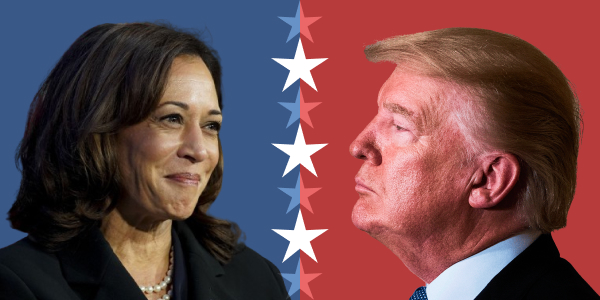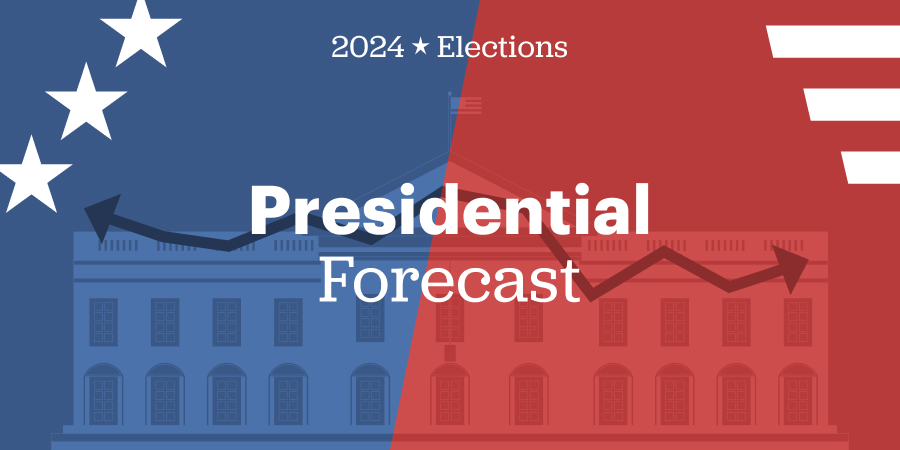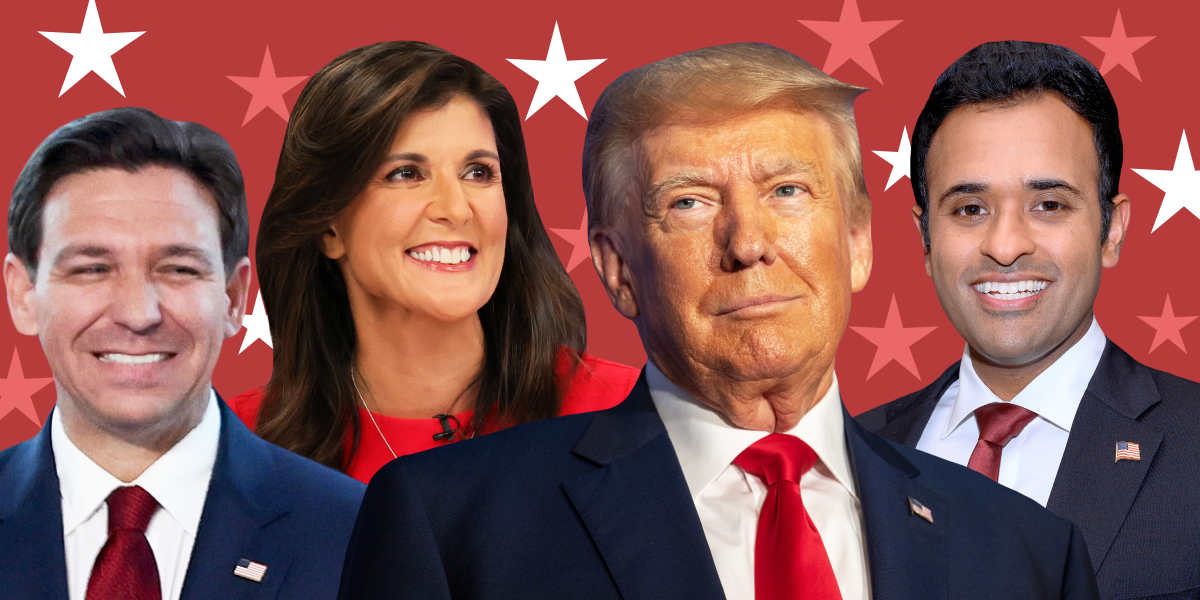RFK Jr. favorable / unfavorable ratings
Kennedy has a 47.8% favorability rating based on 153 polls.
Feb 27, 2026
Favorable
47.8%
Unfavorable
42.1%
Estimate
95% of polls fall in this range
A bit of background... Robert F. Kennedy Jr.'s favorability rating is a crucial factor in determining his prospects as a third-party candidate in the presidential race. As a candidate outside the traditional two-party system, RFK Jr. faces a unique set of challenges in garnering widespread support. His favorability rating provides insight into the extent of his appeal to voters across the political spectrum. RFK Jr. must demonstrate his ability to attract a significant portion of the electorate in order to mount a successful third-party campaign.
153 polls
Latest Poll: Wed, Nov 27, 8:05 AM EST
Field Dates | Sample | Pollster | Results | Topline |
|---|---|---|---|---|
| Nov 24 – 27 | 1,405 RV | YouGov/The Economist | 51.0%Favorable 42.0%Unfavorable | +9 Favorable |
| Nov 15 – 19 | 1,010 LV | Echelon Insights | 46.0%Favorable 41.0%Unfavorable | +5 Favorable |
| Nov 15 – 19 | 1,077 RV | YouGov/Yahoo News | 49.0%Favorable 41.0%Unfavorable | +8 Favorable |
+ More Polls
The polling bias for the 2016 and 2020 Presidential elections is based on analysis from the American Association of Public Opinion Research (AAPOR) comparing actual results to national polls. For the 2018 and 2022 elections, bias was measured by comparing FiveThirtyEight's Generic Ballot polling average with the adjusted US House National Popular vote, using data from the UVA Center for Politics (2018) and DecisionDeskHQ (2022).






